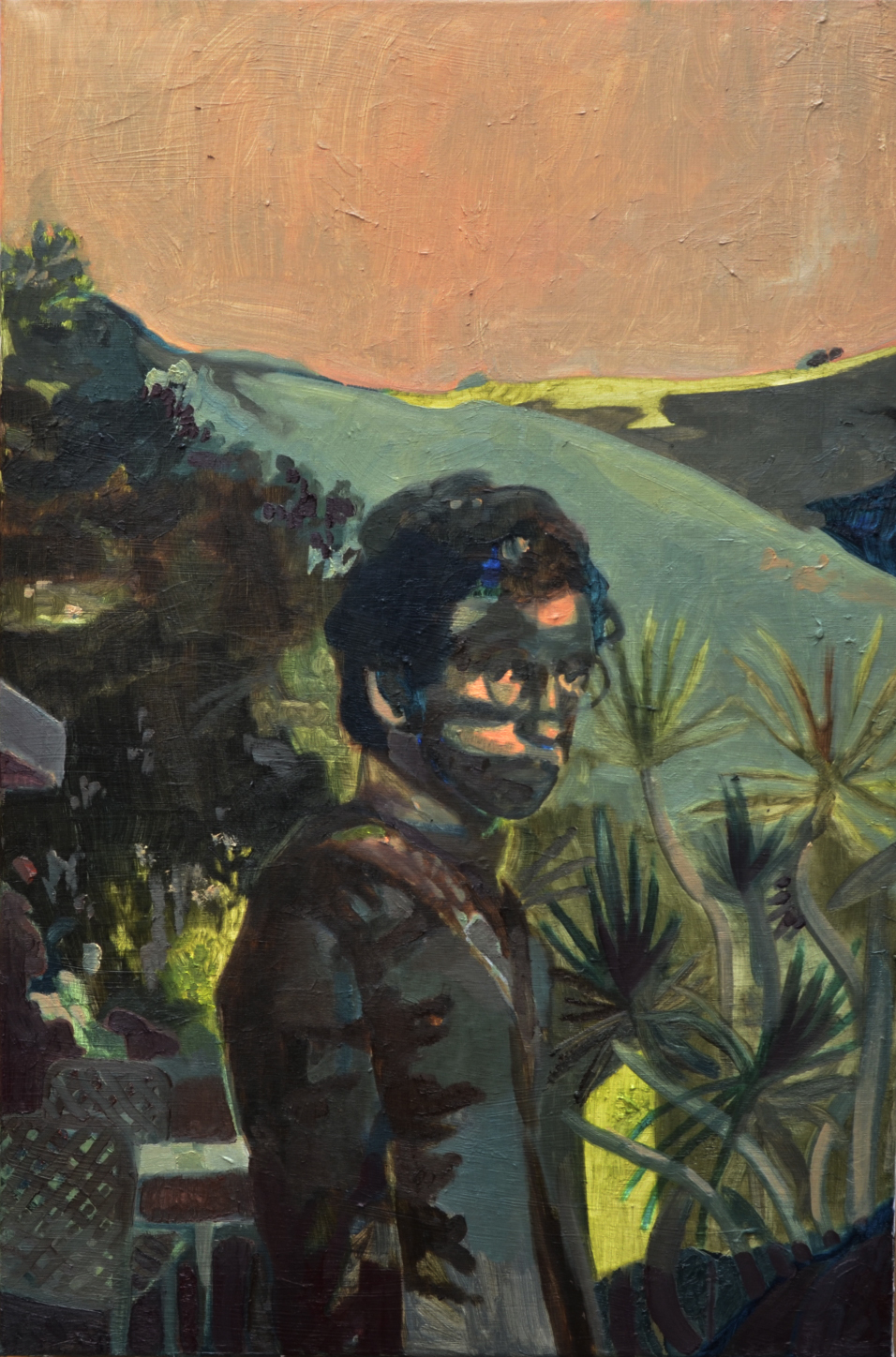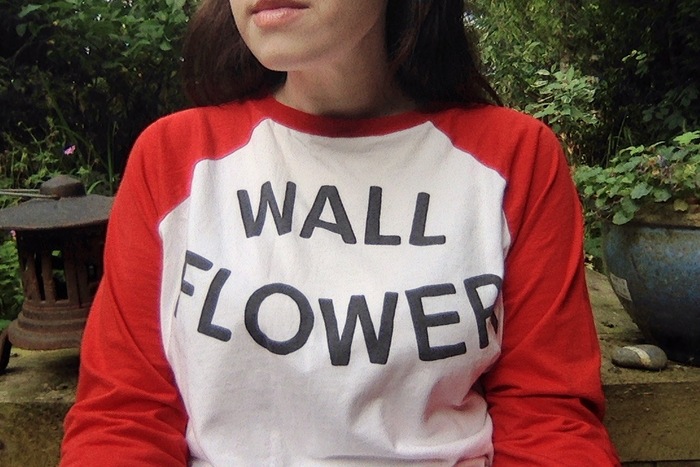with tourists and birds and I was reading
Foucault, how “he who is subjected
to a field of visibility ... becomes
the principle of his own subjection”
and all around me the beautiful
Czechoslovakian boys moved through the first
day of spring like perennially
visible inmates in the opening credits
of a prison porno. The sun reflected off
the glass and my table was an inscrutable
tower of light from which I peered, invisibly,
at the swan-graceful boys who seemed to skirr
across the stones, traveling, it seemed, to something
vaguely ridiculous and charmingly anachronistic:
cuff link shopping, or brunch with the duchess.
The coffee had made me jittery and I was beginning
to sweat from both sun and desire. I considered
moving to the outer edge of the circled tables, so the boys
could see me as I could see them, but then the 600-year-old
orloj sounded the hour and the twelve apostles
and skeletal death spun around and I was afraid
to leave my tower. I didn’t want to be visible
in the way those small dancing figures were visible and
as much as I wanted a handsome companion, I feared my foot
getting caught in a sewer grate or my spoon
falling from my saucer and clattering on the pavement,
startling the birds into a ruckus. An errant ball
of sweat fell from my chin and onto the page. I looked
down to where it had landed on the word “reciprocal”
which made me think how looking is always reducible to twos —
two eyes, two parties, two possible outcomes, and how
those who watch from the panopticon’s black pupil may,
in any case, not even exist.'
Sunday in the Panopticon




Post a Comment